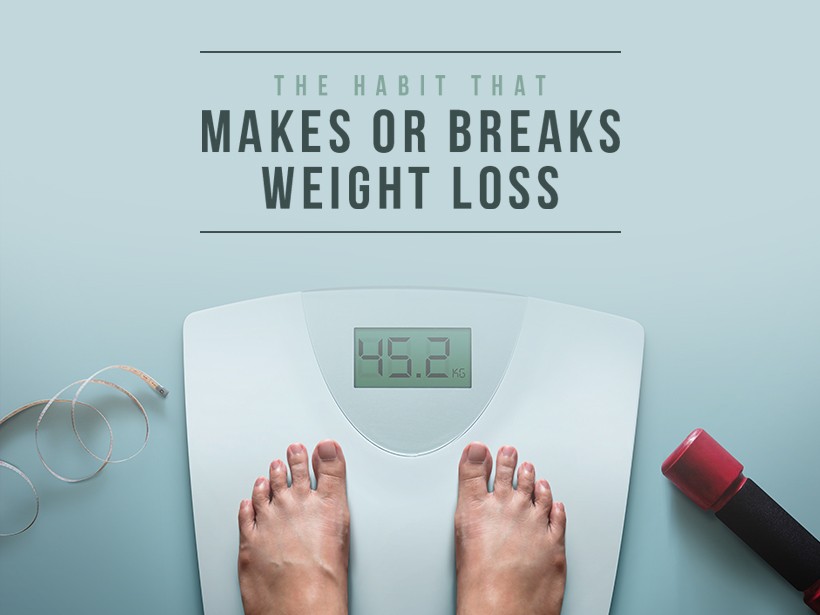Love it or hate it, the scale is a crucial part of meeting health and weight loss goals. Yet there has always been some debate about how often to weigh in. Scientists over the years have done countless studies to figure out how useful regular weigh-ins are for those looking to lose weight or keep it off. Current research suggests that those who weigh themselves daily are more likely to achieve their goals and maintain those results.
To weigh, or not to weigh?
One of the latest studies on this topic comes from the American Heart Association. Researchers monitored 1,000 individuals for an entire year, as well as how often they stepped on the scale. The findings revealed that those who weighed in six or seven times a week lost a significant amount of weight in that one year. Conversely, those who didn’t weigh themselves or only did so once a week experienced little to no weight loss. These results are in line with other studies that show increasing the frequency of self-weighing is associated with weight loss.¹
It seems that when people see the number on the scale every day, they are more likely to stick to their diet and exercise routines, or adopt new, healthier ones. In the past, doctors were more inclined to tell patients to ease up on the weigh-ins, suggesting they hop on the scale once a week or so. It’s not the first time conventional wisdom has been turned on its head. Dieters used to focus solely on counting calories, but it seems that tracking macros and fiber might be more useful.
A helpful weight loss tool
The idea of weighing oneself daily is derived from self-monitoring routines that help regulate behavioral health. When people are aware of their habits, as well as the causes and effects of those actions, they are more likely to make positive changes in their health. This approach appears to work well in helping individuals adopt healthier eating and exercise patterns.² Seeing the constant progress (or even slip-ups) can provide greater motivation to continue with a beneficial pattern of behavior.
Careful considerations
Of course, this method isn’t one-size-fits-all. Fixating on the number on the scale can turn into an unhealthy obsession and even pave the way for eating disorders or orthorexia (a fixation on clean eating). Going to extremes is never the way to go, and a study out of the Stanford Prevention Research Center found that a practical diet trumps over-exercising or under-eating. Emphasizing quality foods rather than portion sizes or calories has proven to have a lasting positive effect.
NUTRITIONAL DISCLAIMER
The content on this website should not be taken as medical advice and you should ALWAYS consult with your doctor before starting any diet or exercise program. We provide nutritional data for our recipes as a courtesy to our readers. We use Total Keto Diet app software to calculate the nutrition and we remove fiber and sugar alcohols, like erythritol, from the total carbohydrate count to get to the net carb count, as they do not affect your blood glucose levels. You should independently calculate nutritional information on your own and not rely on our data. The website or content herein is not intended to cure, prevent, diagnose or treat any disease. This website shall not be liable for adverse reactions or any other outcome resulting from the use of recipes or recommendations on the Website or actions you take as a result. Any action you take is strictly at your own risk.
- Healing Leaky Gut With Your Diet - February 27, 2019
- The Habit That Makes or Breaks Weight Loss - February 18, 2019
- Supplements and Keto - February 13, 2019




